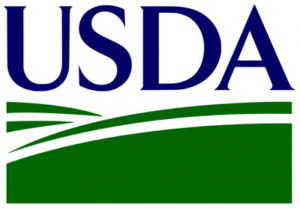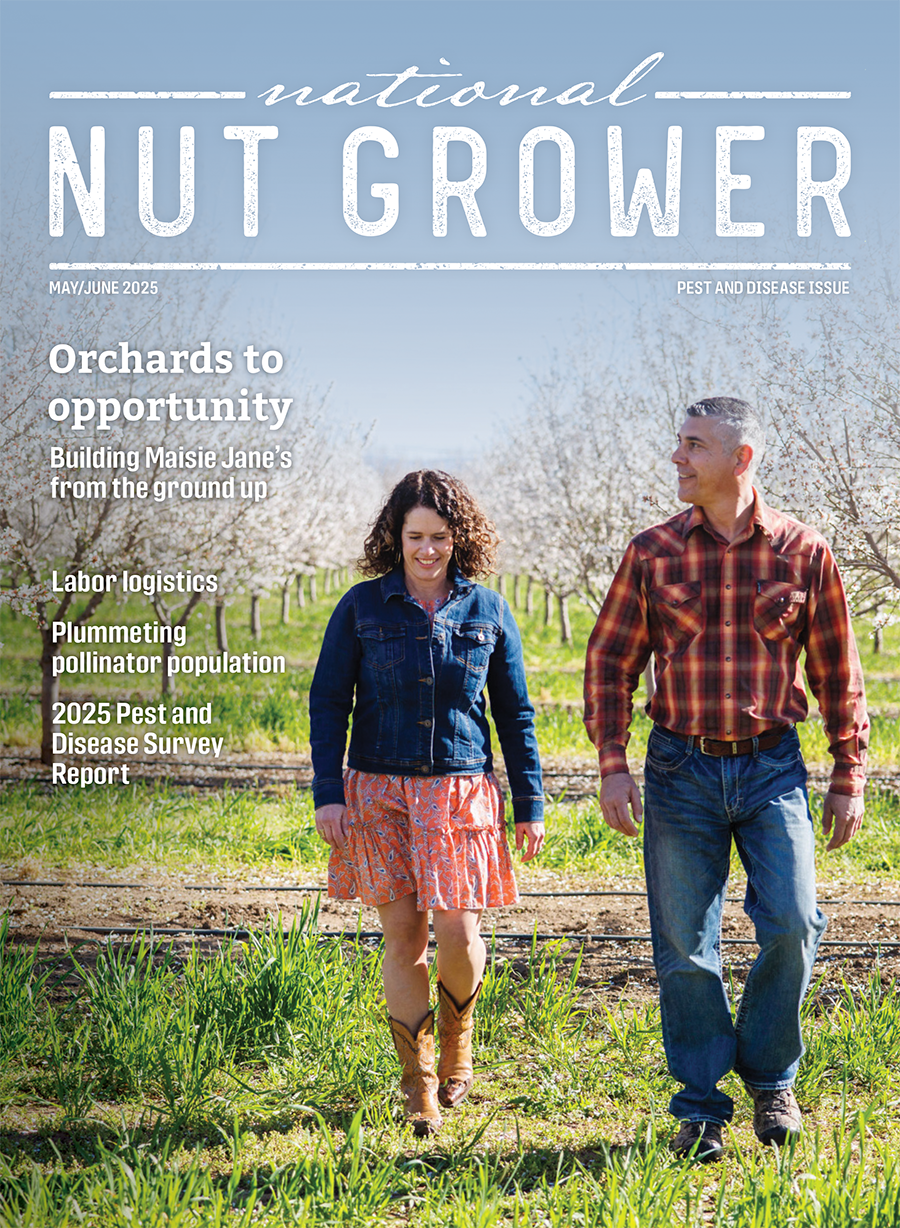May 4, 2023USDA offers nearly $130 million in additional financial assistance
The USDA announced that nearly $130 million in additional, automatic financial assistance has been obligated for qualifying farm loan program borrowers who are facing financial risk.
The announcement is part of the $3.1 billion to help distressed farm loan borrowers that was provided through Section 22006 of the Inflation Reduction Act (IRA).
Assistance is delivered through the Inflation Reduction Act
Since the IRA was signed by President Biden in August 2022, including the payments announced today, USDA is providing approximately $1.1 billion in immediate assistance to more than 20,000 distressed borrowers.
“Through the Inflation Reduction Act, Congress directed USDA to deliver financial assistance to distressed farm loan borrowers as quickly as possible, and that is what we are delivering to help producers across the country stay on their land,” said Agriculture Secretary Tom Vilsack. “USDA is hard at work to provide our most vulnerable producers the opportunity to generate long-term stability and success. Our goal is to make sure we provide producers access to the tools they need to help get back to a financially viable path and ultimately succeed as thriving agricultural businesses.”
Borrowers who received these automatic payments include Farm Service Agency (FSA) direct loan borrowers whose interest exceeded principle owed on outstanding debts; borrowers who had a balance up to 60 days past due as of Sept. 30, 2022 and remained delinquent; and borrowers with a recent restructure between Feb. 28, 2020 through March 27, 2023, or who had accepted an offer to restructure on or before March 27, 2023, but had not yet closed that restructure.
Individual applications for farmers seeking assistance
In May, FSA will begin accepting and reviewing individual distressed borrower assistance requests from direct loan borrowers who missed a recent installment or are unable to make their next scheduled installment. All FSA borrowers should have received a letter detailing the process for seeking this type of assistance even before they become delinquent. As the letter details, borrowers who are within two months of their next installment may seek a cashflow analysis from FSA using a recent balance sheet and operating plan to determine their eligibility.
Also in May, FSA borrowers will receive a letter detailing a new opportunity to receive assistance if they took certain extraordinary measures to avoid delinquency on their loans, such as taking on or refinancing more debt, selling property, or cashing out retirement or college savings accounts. FSA also plans to begin working through these types of cases in May.
As USDA learns more about the types of situations financially distressed farmers are facing, the Department will continue to update borrowers and the public about new eligibility criteria. USDA will also provide regular updates about its progress in deploying this funding to farmers who need it.









